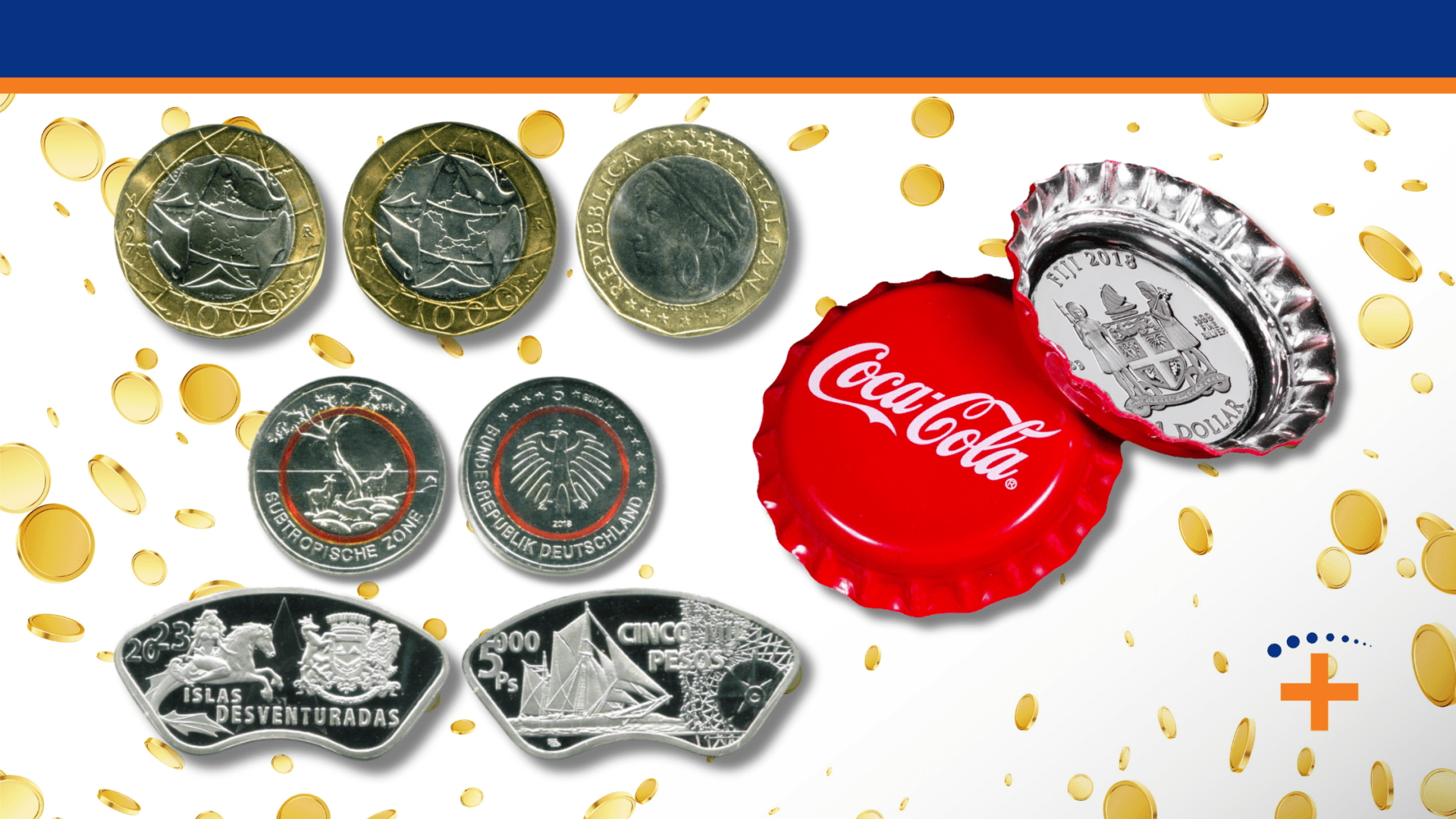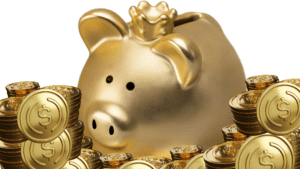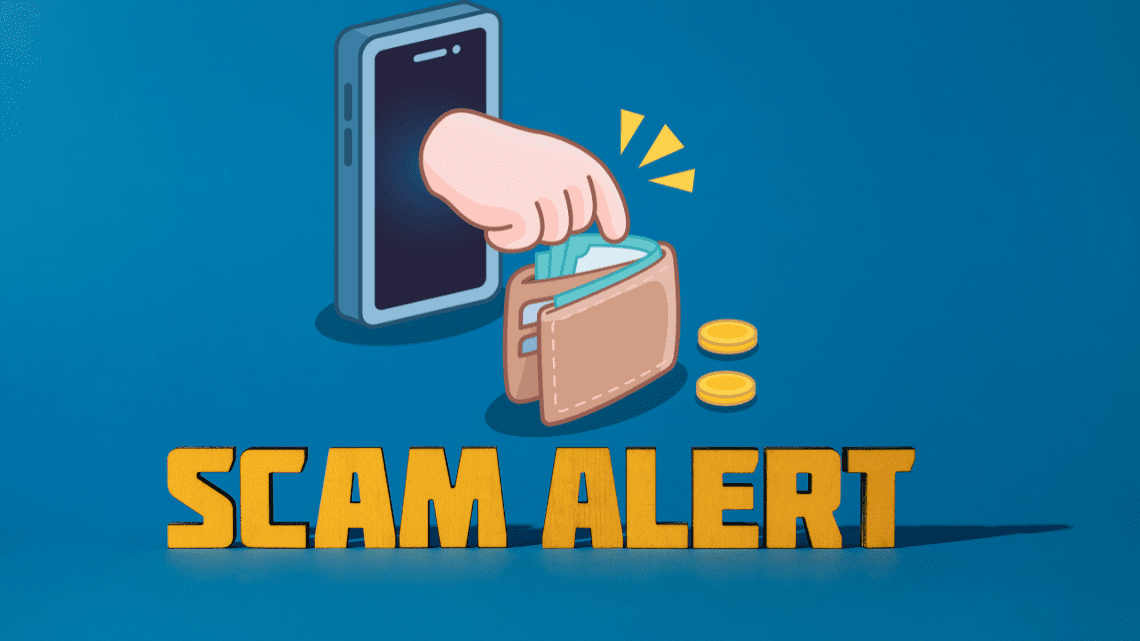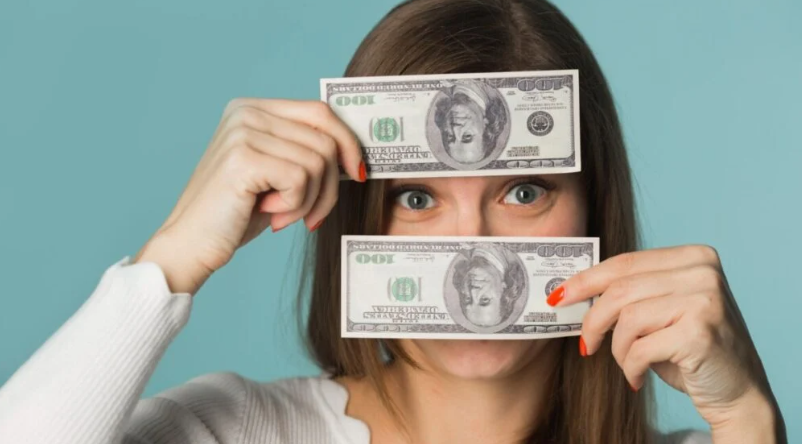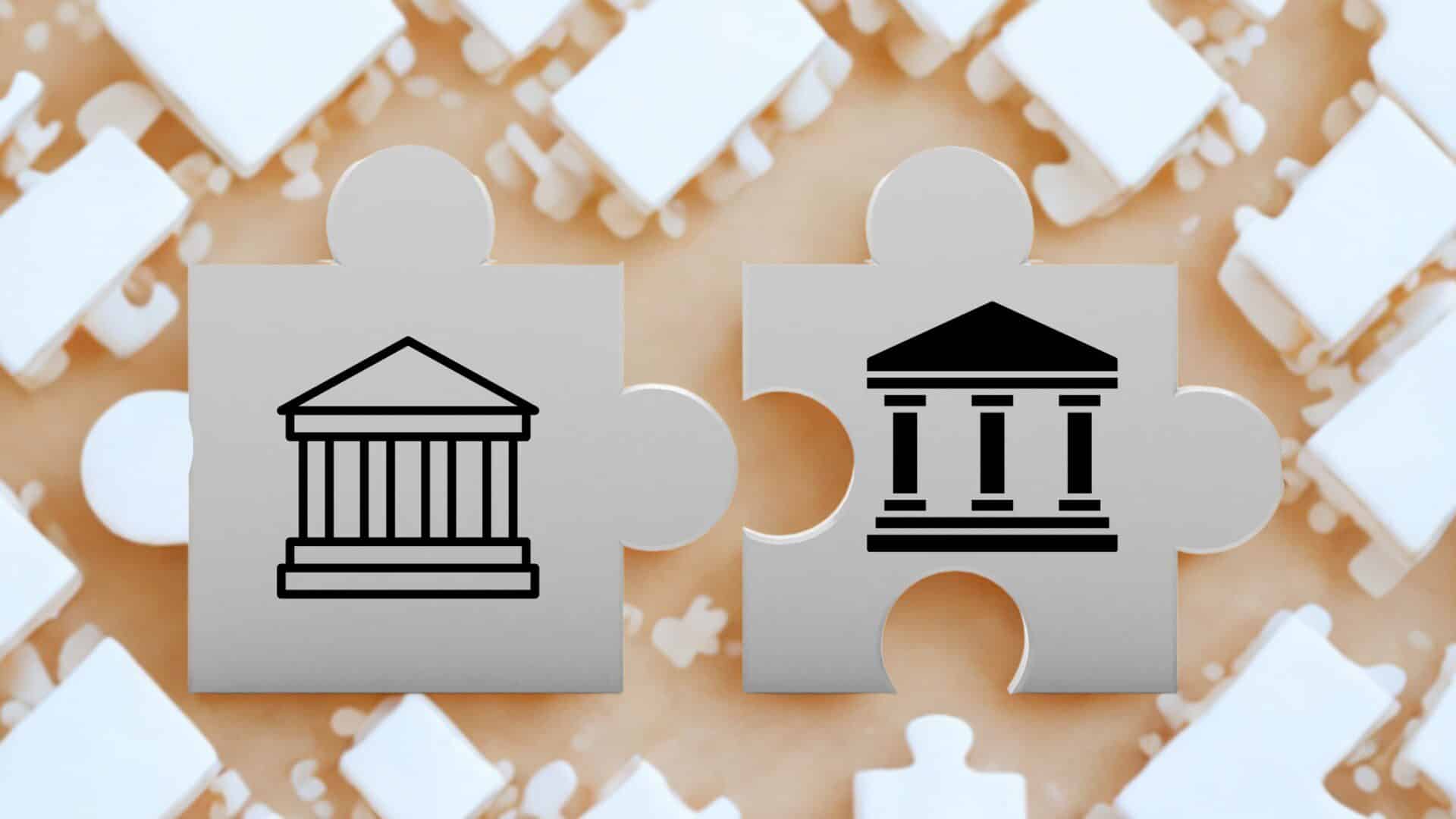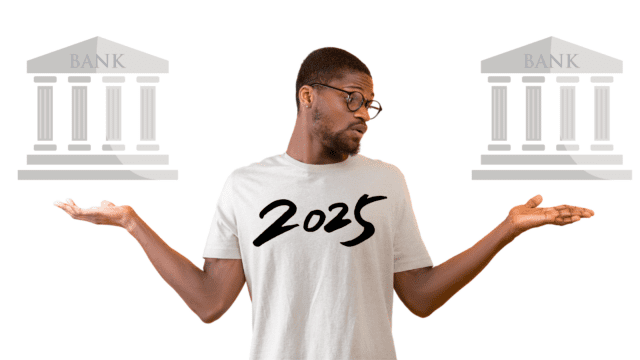The world of coins and currencies is full of surprises, from ultra-thin silver pieces to interactive game coins. For bank professionals and collectors alike, these innovations reflect global shifts in technology, culture, economics, consumer habits, and even politics.
Curious Coinage
The Interesting World Coins website reports on several forms of currency that break traditional views of legal tender. These include:
Optical Illusion Coins from Chad

Chad’s 2023 200-Franc coins feature an astonishingly thin structure. At only 0.15mm thick and weighing just 1 gram, these .999 silver pieces are crafted via high-quality, nondigital printing to showcase optical illusions.
The Sailboat Coin of Islas Desventuradas

The Islas Desventuradas, or “Unlucky Islands” of Chile, have issued an unofficial 2023 5,000 Pesos coin featuring a Greek nymph riding a giant sea horse. The reverse showcases a sailboat, emphasizing the maritime character of these remote islands. Silver-plated and in proof condition, only 145 of these coins were minted, making them exceptionally rare.
Germany’s 5–Euro Coins Made of Polymer Rings
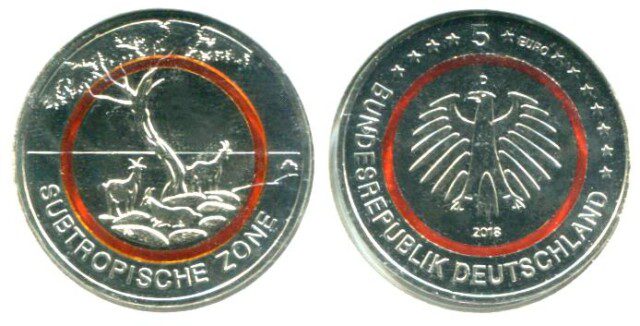
Germany has revolutionized coin security by introducing polymer ring technology. These 5 Euro coins, first minted in 2016, feature a colored polymer ring between their copper-nickel outer and inner cores. The currency is themed after climate zones, including one for the Subtropics (showing goats under a tree) and a Temperate version (rabbits on farmland).
Geographic Mishap on an Italian Coin
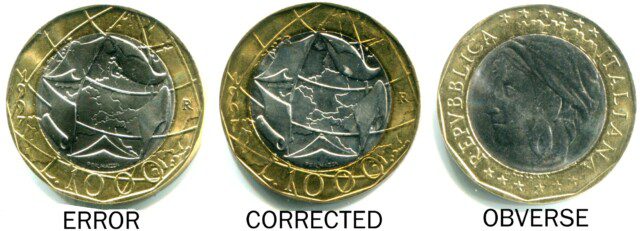
In 1997, Italy issued a bi-metallic 1000 Lire coin meant to celebrate European unity but inadvertently created an international controversy. The map on the coin had several geographic errors, namely omitting East Germany and Luxembourg and mistakenly merging Denmark and the Netherlands into Germany.
The diplomatic backlash led to a corrected version, making the erroneous coins highly sought after.
Angry Birds Coin from Sierra Leone
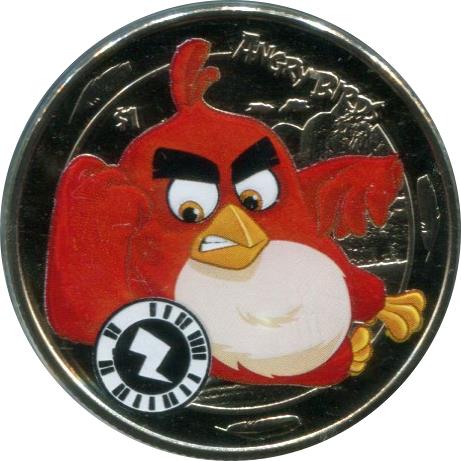
Merging gaming and currency, Sierra Leone released a 2018 Angry Birds coin, dubbed the world’s first interactive app game coin. Featuring the iconic Red Angry Bird, the coin has a technological component that allows owners to interact with the game and take selfies with the characters.
Modern Innovations in Coinage
Numismatic publisher CoinWeek also highlighted some out-of-the-ordinary payment methods.
Encased Postage Stamps of the Civil War
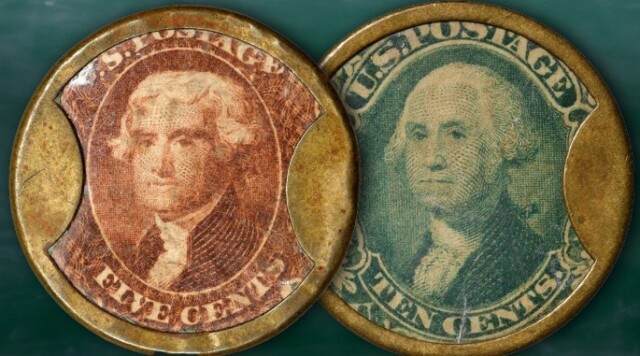
During the U.S. Civil War, coin shortages led to innovative substitutes like encased postage stamps. Entrepreneur John Gault attached stamps to cardboard disks encased in brass, protecting the stamps with a mica covering. These pieces functioned as currency until the federal government introduced small-denomination paper money in 1862. Today, surviving examples can fetch hundreds of dollars at auction.
Japan’s Bar Money and Fiber Coins
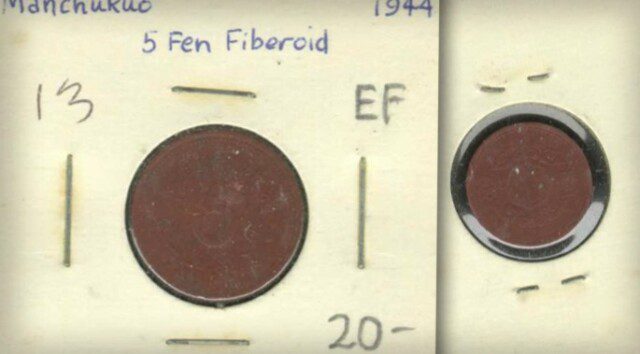
Japan’s numismatic history includes two particularly unusual forms of currency. “Bar Money,” used from 1599 until the 1860s, featured small rectangular gold and silver pieces that were traded by weight.
Later, during World War II, Japan’s metal shortages led to the creation of fiber coins in Manchukuo (occupied northeastern China). These durable yet lightweight coins, made from rubber and magnesite, circulated briefly from 1944 until the Soviet invasion in 1945.
Cola Coinage
A PR Newswire release describes an interesting venture from a legacy brand in the soft-drink category.
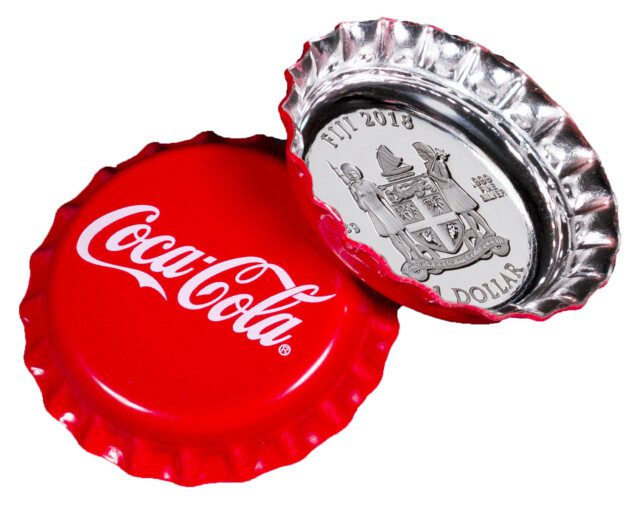
In 2018, the Coca-Cola Bottling Co. introduced a legal-tender silver coin shaped like a bottle cap. Struck in six grams of .999 silver, the coin features the soda’s iconic red-and-white Coca-Cola logo, with the reverse detailing weight, purity, and its $1 Fiji denomination. Each coin came packaged in a collectible tin.
The Future of Physical Currency?
From polymer technology to fiber-based wartime coins, the physicality of currency is a product of its time and value. Dual roles as usable tender and interesting collectible have driven its ongoing iterations. Money’s changes over time reflect ongoing ingenuity, adaptability, marketability, and service to the ever-changing needs and wants of the consumer marketplace.

